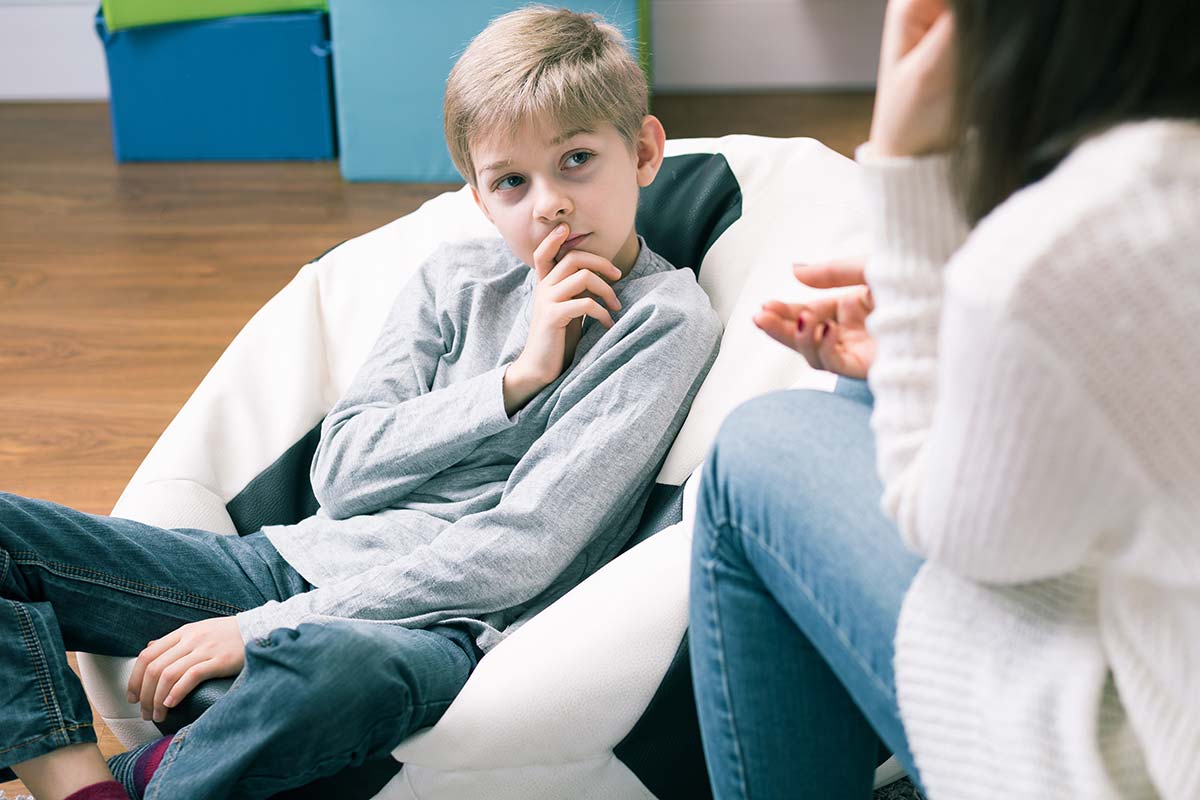The particular condition that concerns children’s psychotherapy is that the demand for psychotherapy is usually formed by the child’s parents. Child care can also be taken care of, by the child’s wider environment, who have taken care of the child. This is rarely happening directly from the child itself.
The psychotherapist needs to have a meaningful and in-depth understanding of the situation the child is experiencing. In this way, the psychotherapist will be able to organize a framework that will include – in coherence – the child’s environment in the process of change and treatment and its development potential as well, with full respect for the rights of the child.
In child psychotherapy, the therapist also needs to take care of appropriate methods that are compatible with the child’s age. Playing is usually the most appropriate method in child psychotherapy.Teen psychotherapies are inspired by the dynamics of the developmental age of this particular age group.
However, adolescence is our personal journey towards adulthood. The adolescent is asked to face a number of issues, which may be related to what he experiences in his life as well as to his own developmental phase. Regarding psychotherapy, adolescents are making much more easily their own request, whereas the psychotherapist’s sessions with the adolescent’s parents are more of an counseling nature.If you are a parent, don’t hesitate to contact us for any kind of question you have considering child psychotherapy
Indicative issues: psycho-emotional development issues, emotional difficulties, anxiety, sleep problems, behavioral problems, adjustment difficulties, eating disorders, loss, mourning, trauma






